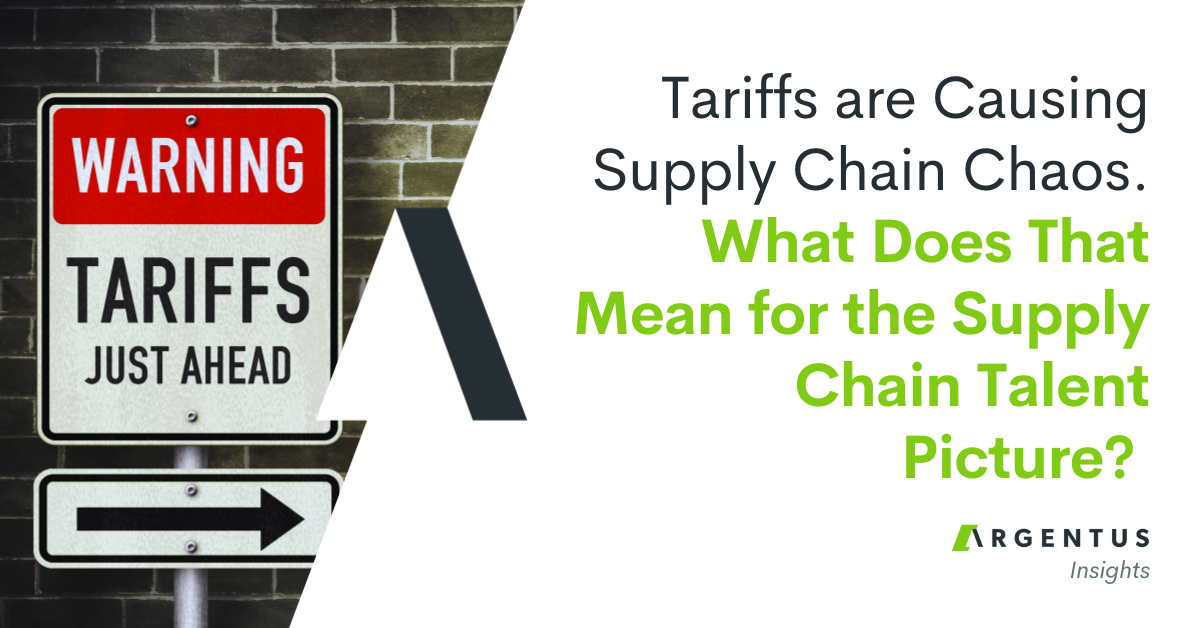This guest post comes from Kim Teichroeb, a senior Procurement professional with special expertise and interest in the green Supply Chain. She wrote a great recent article for us about how Procurement functions within companies can build sustainable sourcing initiatives.
As climate change becomes a mainstream concern, and consumers increasingly look for environmentally friendly products, so too must organizations move in a more sustainable direction. Many organizations are taking stock of products they use internally and are switching to green products where possible. They are also encouraging recycling by their employees and customers by providing receptacles in offices, stores and warehouses. The focus is starting to turn towards the impact that flyers, product packaging and products themselves have at the end of their service life Provinces are building Stewardship Programs that assist organizations in becoming aware of the volume of products they produce that end up in landfill and or recycling programs. Organization Sourcing departments are not always involved with waste and recycling or stewardship, but they should be. Who better to help reduce the volume of end of life packaging and product waste?
I recently had the opportunity to take a tour of a mattress recycling operation. At first I was a bit squeamish, not wanting to be exposed to bed-bugs (I do a little shiver even writing the word). Once I was assured that adequate precautions were taken to reduce the hazard, I realized the incredible service this organization was providing. They were taking truckloads of mattresses that people no longer wanted and converting them to several raw materials that could be used in other manufacturing processes. During my short visit, 3 trailers pulled up to unload.
The first step is sequestering the newly received mattresses and putting them through a process to reduce the likelihood of bed-bug infestation. Once that is complete, the mattresses move into the open area where all the work is done. The breakdown of mattresses for re-use and recycling is a very labour intensive process. The top layer (fabric and foam) is removed from the mattress frame. Both components can be shredded and re-purposed as carpet under-pad. The wood frame can be broken down into wood chips, and sold to further processors. The metal springs of traditional beds can be sold to metal recyclers. The result, after being broken down by hand, is that 100% of the mattress components can be used in further manufacturing.
Except for pocket coils. Pocket coils are steel springs completely encased in fabric. It is a painstaking and slow process to remove the spring out of the fabric encasement. Metal recyclers do not want fabric attached to the metal they receive, so in order to recycle the metal, the mattress recycler must remove the fabric encasement. The labour cost of doing so is high, so the pocket coils sit off to the side while the more easily broken down regular and memory foam mattresses are prioritized. The thing is, pocket coil mattresses are becoming more popular – we are producing more and more of a product that is less likely to be recycled and more likely to end up in landfill.
Here’s where Sourcing comes in. Sourcing departments have the unique opportunity to work with their manufacturing partners and let them know that product end of life is important. As an example using the current topic, perhaps there is a way to make the “pocket” of the pocket coil more easily removed without substantially increasing the cost of production. Ideally, product disposal or end of life should be part of contract negotiations between buyers and vendors. Disposal expenses continue to rise within municipalities. Much of the disposal cost has to do with landfill. While many disposal costs are passed on to consumers in the way of disposal fees, some costs are not. Provincial Blue Box or Stewardship Fees are designed to apply the cost of disposal and/or recycling is directed at the organization that initially produces or imports the product. Improving the ease of recycling can reduce end of life costs for producers and tells a much better product story for consumers. It makes much more sense for consumers, organizations and municipalities if products became more recyclable and stay out of landfill. As Buyer/Vendor partnerships become more common, the involvement of buyers in the production process becomes more realistic. Manufacturers may not explore possibilities unless it is important to the buyer. Sourcing has a responsibility to internal and external customers to make sure they stop and think about what happens to a product at end of life when making sourcing decisions.
– – –
Thanks to Kim for the guest post! It’s a great example of how Procurement can help lead the charge toward sustainability.
Have you signed up for Argentus’ Market Watch Newsletter? It only takes a moment. You’ll receive low-volume, high-impact market insights from the top specialty Supply Chain recruiters including: Salary Information, Supply Chain industry trends, Market Intelligence, Personal Branding tips and More!
[mc4wp_form]




0 Comments